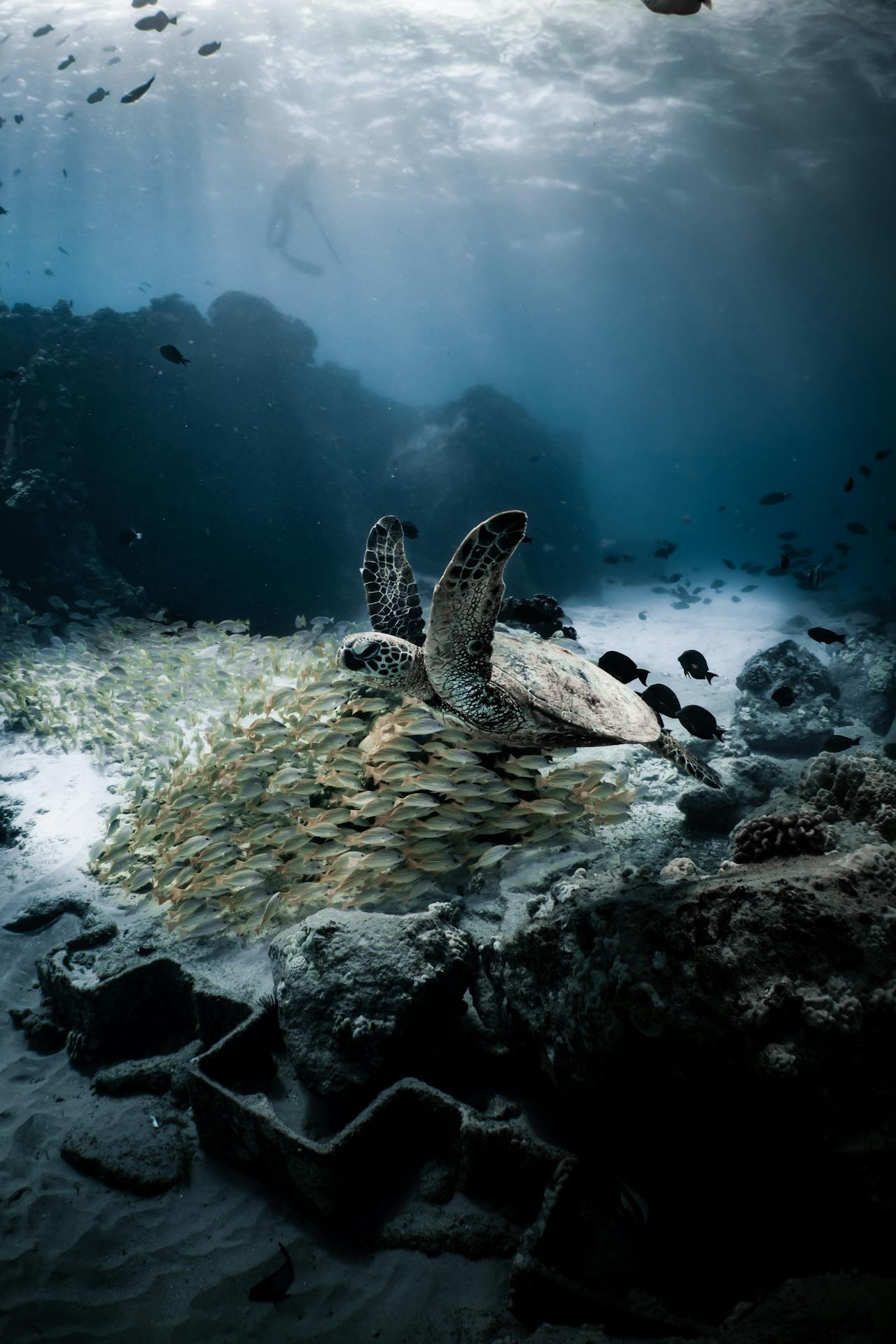Why Overfishing and Biodiversity Loss are Major Issues:
- Decline in Fish Populations: Overfishing has led to the decline of critical fish populations, making it challenging for these species to recover, and pushing some towards the brink of extinction.
- Disruption of Marine Ecosystems: A decline in fish populations disrupts the marine food web, affecting predator-prey relationships and the overall balance of the ecosystem.
- Economic Impacts: Overfishing affects the livelihoods of communities that rely on fishing. It undermines the sustainability of fisheries, affecting economies and people’s livelihoods.
- Loss of Coral Reefs: Overfishing of species that graze on algae can lead to the overgrowth of algae, which can smother coral reefs, affecting the biodiversity and resilience of the reefs.
- Reducing the Demand for Fish: Algae-based omega-3 supplements reduce the demand for fish, thus helping to alleviate the pressure on fish populations. This can contribute to the recovery and sustainability of fish species that are otherwise over-exploited for their oil.
- Promoting Marine Biodiversity: With reduced fishing pressures due to a decrease in the demand for fish oil, ecosystems have a chance to recover and maintain a balanced biodiversity. A robust biodiversity contributes to more resilient ecosystems that can better withstand environmental stresses.
- Sustainable and Ethical Choice: Algae omega-3 is a sustainable alternative that doesn’t deplete marine resources. It represents an ethical choice that aligns with the principles of conservation and sustainability, promoting the wellbeing of our oceans.
- Conservation of Predator Species: Reducing the extraction of fish for oil can help conserve predator species, maintaining the natural balance of marine ecosystems and supporting a rich biodiversity.
Making the switch from fish oil to algae-based omega-3 is a conscious and effective action to combat overfishing and biodiversity loss. It signifies a commitment to preserving our oceans, promoting marine life recovery, and fostering the resilience and health of marine ecosystems. 🌊🐟🌿
Related Topics:












Share:
Introducing Ocean Saving Omega™: A Revolutionary Algae-Based Omega-3 Fish Oil Replacement
Plastic Pollution & Marine Debris from Fish Oil